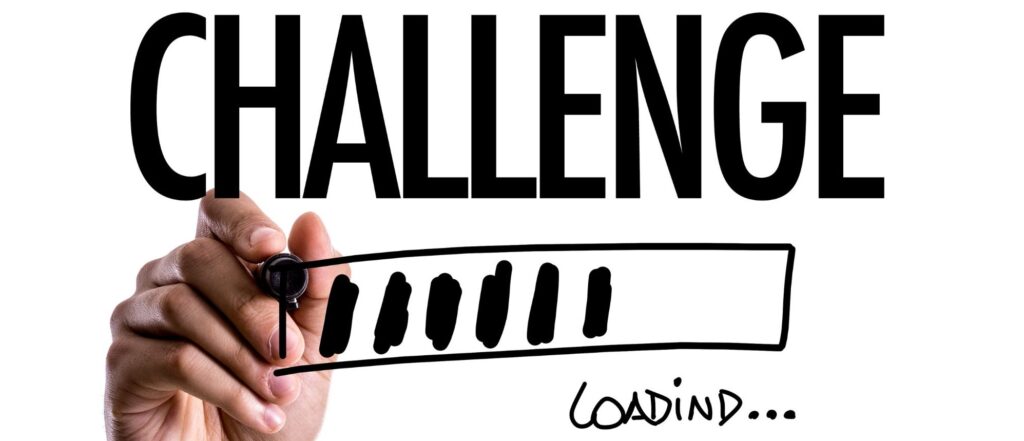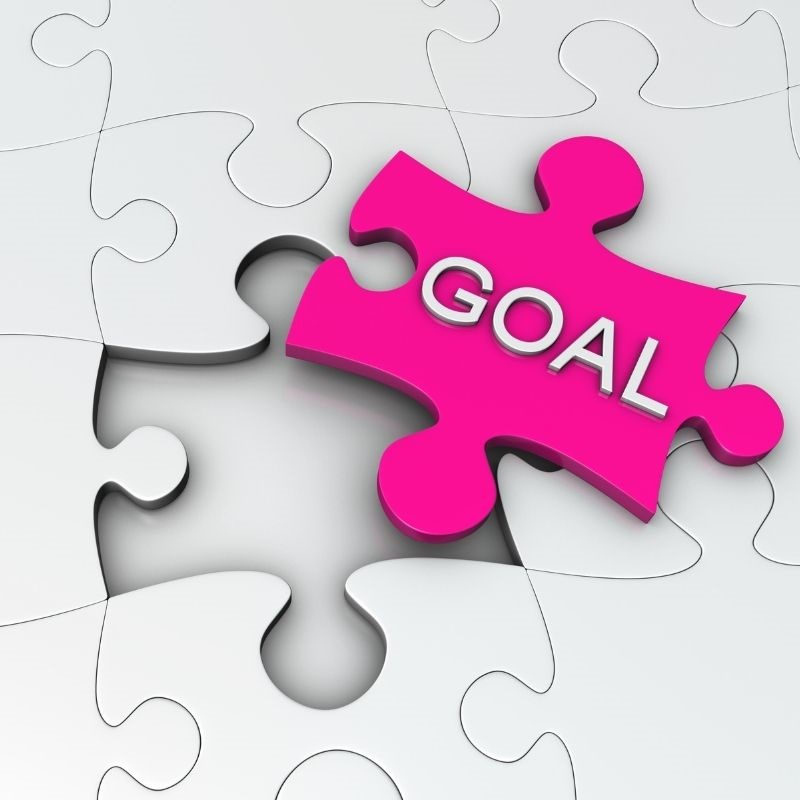 There are a lot of people who have responses to any form of difficulties, complications, or tests that they face. A reaction to life challenges can be an automatic, ego-driven response that only considers the immediate result.
There are a lot of people who have responses to any form of difficulties, complications, or tests that they face. A reaction to life challenges can be an automatic, ego-driven response that only considers the immediate result.
Reactions make you feel better, but they don’t solve the problem.
Responding is different. It is a wise and realistic move that takes into account the effects that this course of action will have in the long run.
People who react have difficulty and are recognized for making decisions on the spur of the moment.
Those that do something about it have fewer problems to deal with in life. The most difficult life challenges you face are almost always the result of your actions.
Consider the following scenario to understand better the distinction between reacting and responding:
Imagine for a moment that your superior is an awful person. At work today, he criticizes you for something that is not your responsibility.
He refers to you in a derogatory manner. He believes that you are a useless member of the workforce.
You walk out of the office fuming and confident that you simply can’t take any more of the situation.
As a possible response to this predicament, you may resign from your job while you’re on top.
 The following day, you confront him head-on and reveal your true feelings for him.
The following day, you confront him head-on and reveal your true feelings for him.
You could even spit in his eye, step on his foot, and force your resignation letter down his throat if you wanted to get his attention.
But when you go home, you find out that the job market is competitive, that you have no funds, and that there are no employment opportunities for you.
The appropriate response to this circumstance could be anything along these lines:
- You conclude that you need to look for new employment.
- You are putting together your resume.
- You go out to everyone you know in the hopes that they either currently hold or know of a position that would be acceptable for you.
- You get in touch with a recruiter and make them aware that you are in the market for a job.
- You also make some financial preparations in advance by reducing the amount you spend on unnecessary items and putting some money away.
One of these choices is not well thought out and could have negative consequences. The other demonstrates both reflection and reasoning.
The first path is likely to fail, while the second path is likely to lead to achievement.
How can you increase the likelihood of your success when confronted with life challenges?
If you follow this approach, you will be better able to respond rather than react to situations:
1. Get Your Balance Back. When your feelings are running high, it might be challenging to maintain your intelligence, rationality, and practicality.
Never, ever, ever make a significant choice while you aren’t feeling level-headed and collected. Just take as much time as you need. Consider it carefully. Think about the choices you have.
2. Determine What The Issue Is. What exactly is the problem that requires a solution from you?
 Consider the aspects of your life that you would like to alter.
Consider the aspects of your life that you would like to alter.
You should steer clear of changing many other things that could have a detrimental effect on your life.
In the scenario described above, you would escape from working for your boss, but your income would also be significantly altered.
3. Be Certain About The Result That You Want To Achieve. Considering the outcome you want to achieve is of equal importance.
Even though you may detest your employment, you aren’t primarily motivated to quit it. You’re going to want to choose a decent landing spot, too.
4. Make an Intelligent Plan. Develop a strategy that addresses the problem at hand and enables you to achieve the desired result.
Only by reacting can the initial problem be resolved. It does not produce a very satisfying result. A good plan does both.
5. Put That Plan Into Action. Use your plan. Many people are good at formulating strategies, but they never follow through and implement those strategies.
You don’t want to count yourself among those individuals, do you? Try out your strategy and see how it works out in practice.
Finding the Best Method to Overcome Life Challenges!
If you are the type of person that reacts to the difficulties that arise in your life, then you are already aware of the additional difficulties that this might bring.
The proverb “out of the frying pan and into the fire” describes this situation perfectly.
When you’re feeling unhappy, it’s best to avoid making decisions. Take some time to relax first.
Then you should think carefully about the best method to eliminate that obstacle from your life in a way that will leave you in a better position than when you began.
This approach to doing things makes life a lot simpler when dealing with life challenges.






